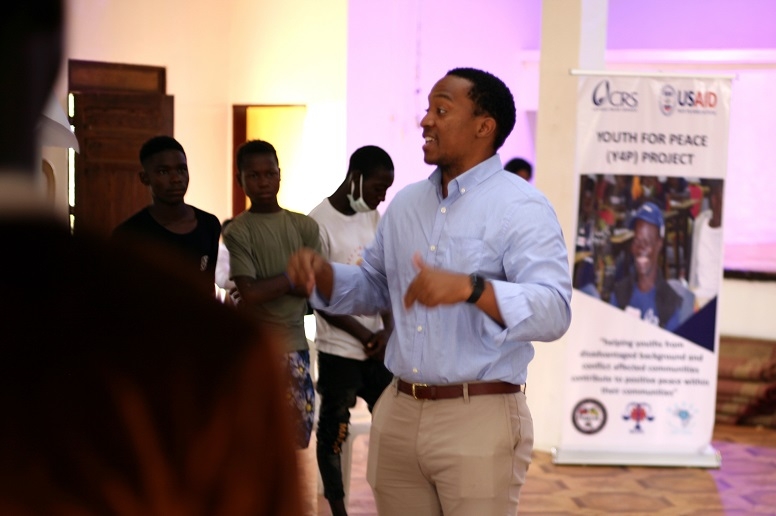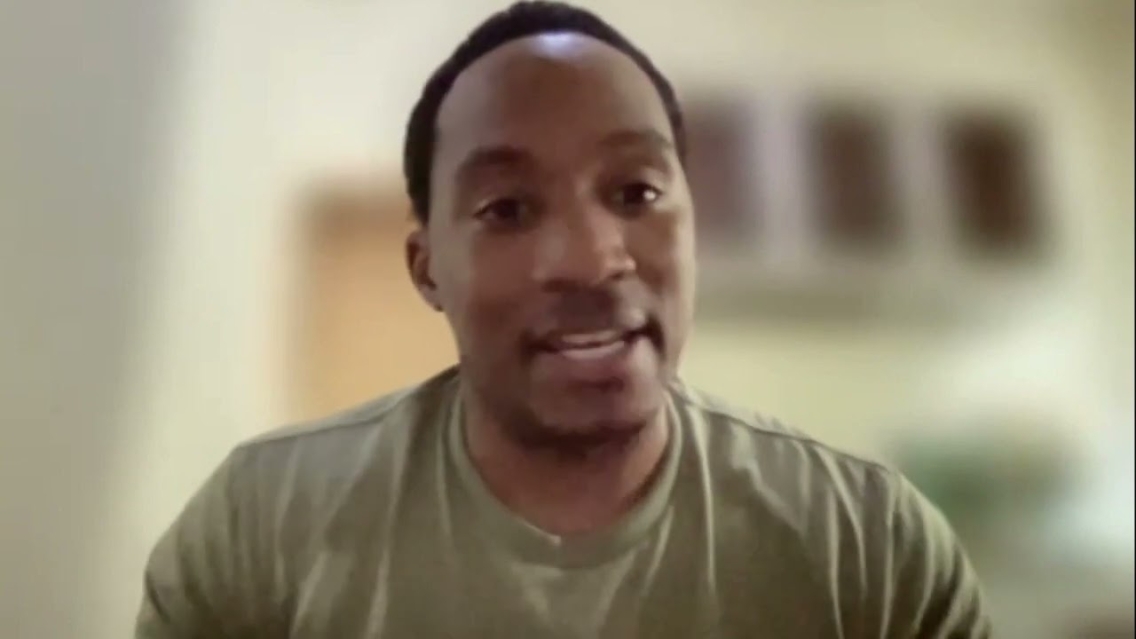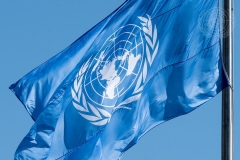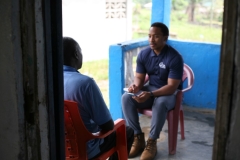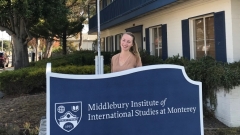Field Work: Student Alex Patton Tackles Small Arms and Light Weapons Reduction with the UN
| by Stephen Diehl and Andrew Cassel
A fourth-semester International Policy and Development student, Patton is gaining professional experience through her practicum with the United Nations Office of Disarmament Affairs.
Video
